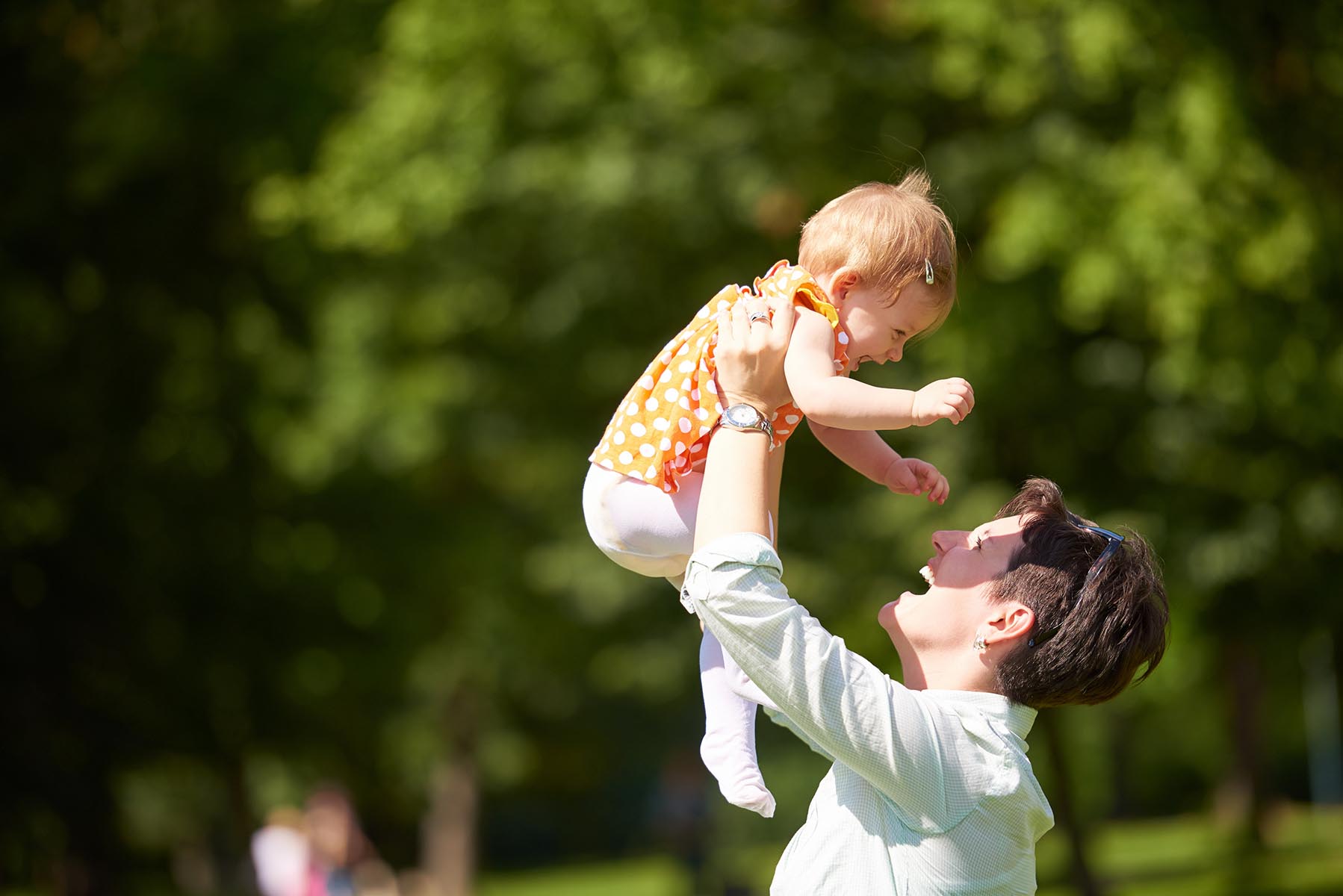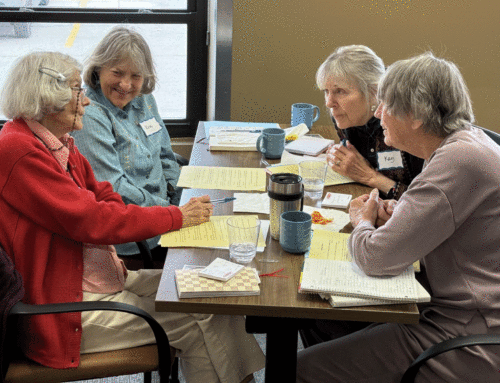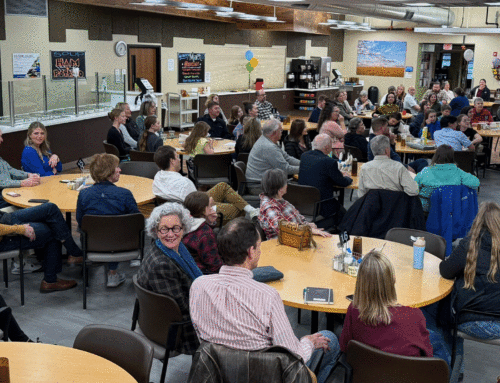I am the parent of two boys, ages 11 and 14. I came to the parenting gig late so I had plenty of time to watch my friends raise their children. I also had plenty of time to be incredibly judgmental about what I saw as their mistakes and shortcomings. In my head I was frequently thinking, “Oh, I’ll never (fill in the blank) with my own kids.” As you might expect, it only took about 48 hours home with my newborn (without benefit of a detailed manual) to immediately adopt the mantra, Whatever It Takes. Want to sleep with your newborn because it’s the only way you get any sleep? Whatever it takes. Want to carry them in the Baby Bjorn nearly 24/7 because they have tummy issues and it’s the only time they don’t cry constantly? Whatever it takes.
Forget about judgement. Quite frankly, parenthood is survival of the fittest and is the hardest job on the planet. I mess up frequently. I am certain I am lining some future therapist’s pocket with my missteps. But like most parents, I am doing the best I can with what I have where I am. And I couldn’t do it without the help and encouragement of my support staff. Husband, parents, my brother, friends, teachers, babysitters, kind strangers at stores. They’ve all raised my kids too and helped me be better and kinder to myself.
All this to segue into today’s column subject – the early childhood symposium held at the college, “Building Communities Where Children and Families Thrive.” This was our third symposium and the focus was that community prosperity begins at a child’s birth.
The prevailing wisdom used to be that the more money you spent on struggling children, the more success you’d have. This theory isn’t wrong – there’s just so much more to it. It’s beyond just that one child and endless resources. When we, as a community of caring people, become the support staff for children and especially their families, major impacts can be made. We don’t have to have advanced degrees, create new programs or have special toys and books. What we do need to have is the capacity to care, to encourage and to help kids and parents develop resilience to tough situations.
Positive environments at school and childcare, mentoring and loving relationships beyond the family structure including neighbors, teachers and coaches can help kids develop resilience. Resilience in this case is defined as a set of skills needed to respond to adversity and thrive. Having at least one stable and committed relationship with a supportive adult can make a profound difference in a child’s life.
Food insecurity, a turbulent home environment, frequent moves, abuse, addiction – all of these can take a serious toll on kids and families. It’s hard to develop resilience if children can’t learn and mirror it. This is where you and I come in. Anyone who has an interest in supporting children and families can create a healthier, happier, more successful community.
I am blessed by my support staff and credit them with preventing me from strangling my children or give them away to a new home at any given time. My kids are better people for their influence. Let’s make sure we’re being that support staff to those in our community who need it too. Remember – Whatever It Takes.







Leave A Comment